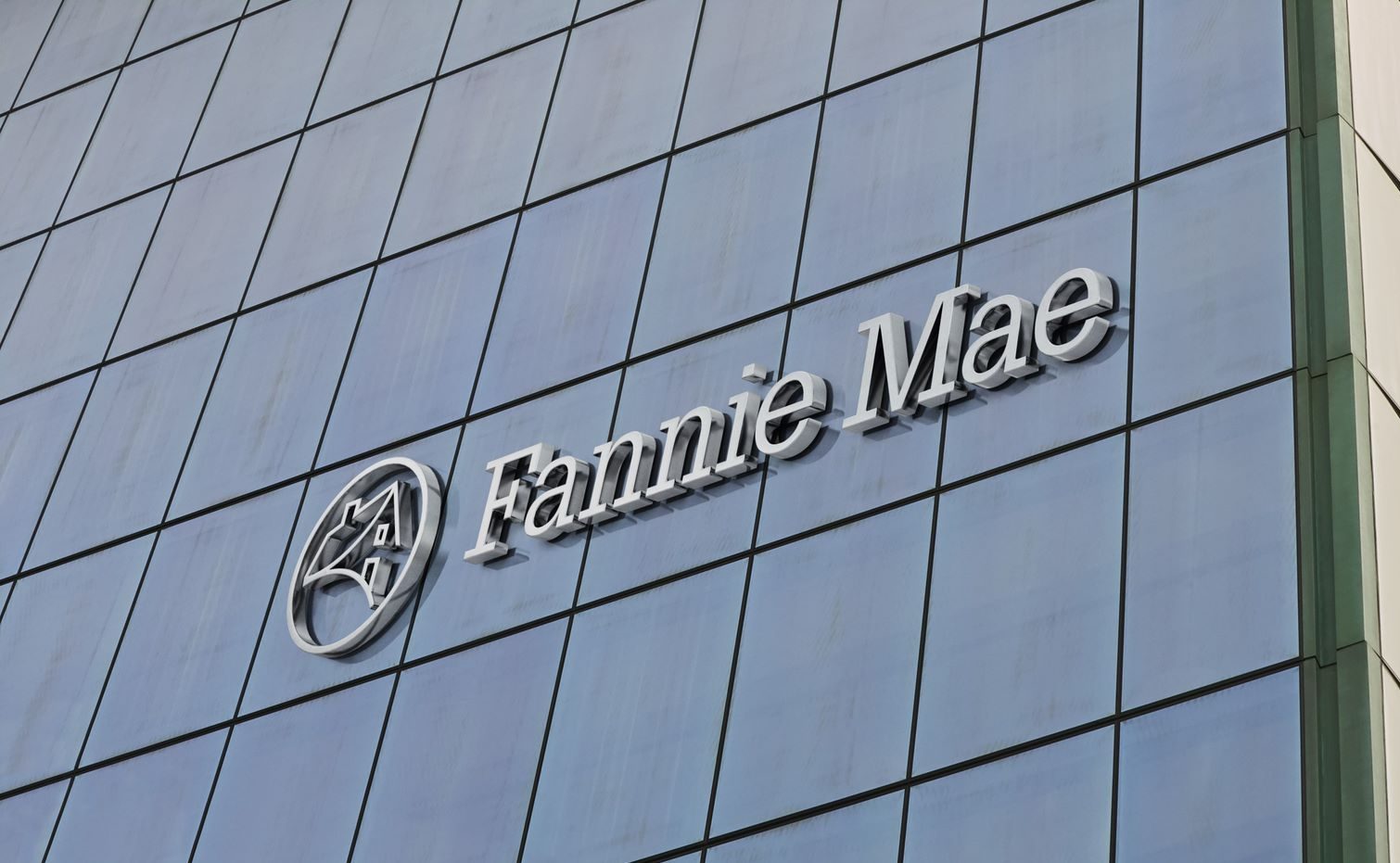For the first time in nearly two long years, ""Freddie Mac's"":http://www.freddiemac.com/ total mortgage portfolio grew in November, the company reported.
[IMAGE]According to Freddie Mac's latest ""Monthly Volume Summary"":http://www.freddiemac.com/investors/volsum/pdf/1112mvs.pdf, the GSE's total portfolio grew at an annualized rate of 3.6 percent in November. The last time the portfolio saw growth was in February 2011. Year-to-date, the portfolio's average annualized growth rate is -5.1 percent.
The portfolio's ending balance gained about $6 billion from October to November. As of the end of the month, the balance stood at $1.978 trillion.
Freddie Mac's purchase and issuance activity was about $62.5 billion in November, up from $50 billion in October and $38 billion in November 2011. The last time monthly volume reached that high a level was in June 2009 ($63.2 billion).
Year-to-date, the mortgage giant has done about $440.1 billion in volume.
According to Freddie Mac, single-family refinance loan purchase and guarantee volume reached about $46.6 billion in November, making up about 74 percent of its total mortgage portfolio purchases and issuances.
Single-family delinquency in the portfolio fell, with the serious delinquency rate dropping to 3.25 percent from 3.31 percent previously. Multifamily delinquency remained flat at 0.24 percent.
The total number of loan modifications was 6,622 in October, bringing the year's total to 63,293 as of November 30.

 theMReport.com Your trusted source for mortgage banking news
theMReport.com Your trusted source for mortgage banking news








